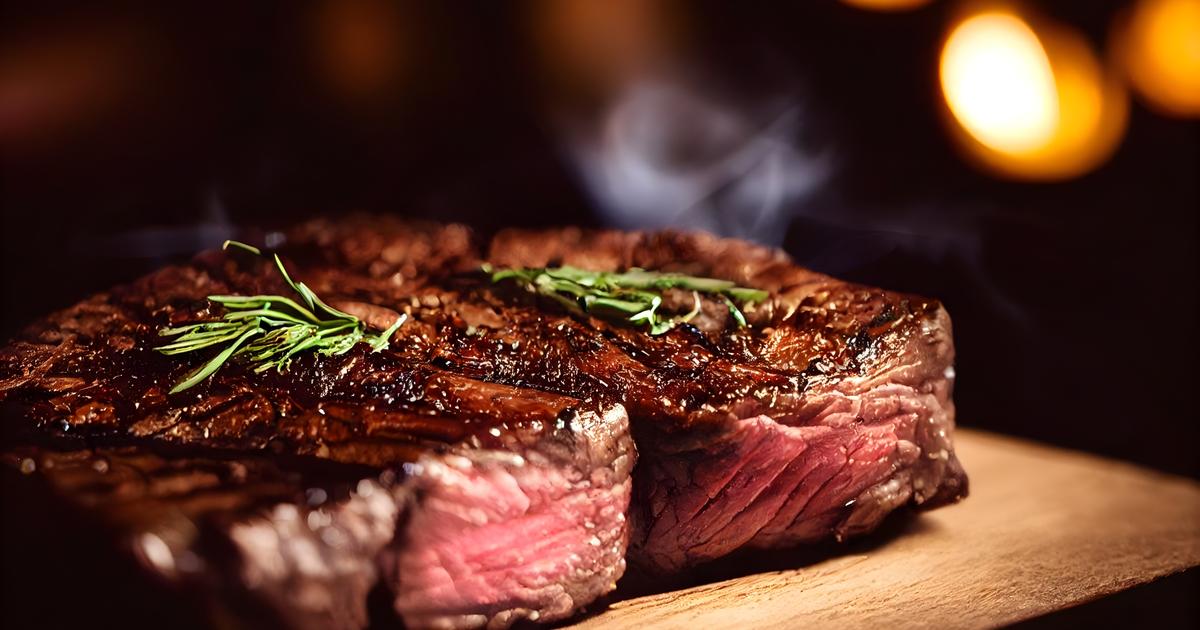“The fight against this epidemic rests on the good dissemination and the strict application of the recommendations which will evolve at the rate of scientific knowledge. Extract from the letter that the Prime Minister, Edouard Philippe, has just sent to the mayors of France. This is the pillar of the French strategy: avoiding the spread of the new coronavirus by informing the general public about the right actions to adopt.
The most common symptoms of Covid-19 disease are fever, cough, shortness of breath, and difficulty breathing. In more severe cases, the infection can lead to pneumonia, severe acute respiratory syndrome, kidney failure, and even death.
What to do if you return from a risk zone?
For general information, a toll-free number is available to the population, 24 hours a day / 7 days a week: 0 800 130 000. Concerning people returning from risk areas (China, Hong Kong, Macao, Singapore, South Korea, Iran and the regions Lombardy, Veneto and Emilia-Romagna in Italy), the Ministry of Health recommends the following measures for the fourteen days following the return: take your temperature twice a day; watch for symptoms wear a surgical mask when you are in front of another person and when you have to go out; wash your hands regularly or use a hydroalcoholic solution; avoid contact with frail people (pregnant women, the chronically ill, the elderly, etc.); avoid any non-essential outing and, as far as possible, prefer teleworking.
In case of symptoms, contact 15
In case of fever or feeling of fever, cough, difficulty breathing, do not rush to the pharmacist, doctor or emergency to protect others. Quickly contact the Samu (15) to report if a trip to a risk zone has been made. In the meantime, avoid contact with those around you and keep your mask.
How is the virus transmitted?
No, the virus is not transmitted by mosquito bites contrary to rumor, assures the WHO. It is mainly transmitted by respiratory route and by physical contact. Transmission by respiratory route takes place in the droplets of saliva expelled by the patient, especially when he coughs, sneezes or in the postillions. Note: the droplets are projected at a maximum of 1 m from a person.
According to the state of current scientific knowledge, the incubation period, which separates the infection and the appearance of symptoms, is estimated between one and fourteen days. This led experts to set the containment period for suspect cases at fourteen days.
Sneeze in your elbow and wash your hands
To guard against contamination, coughing or sneezing in the crook of your elbow instead of putting your hand in front of your mouth, use a tissue, throw it away immediately after use, must become automatic reflexes. The health authorities also insist on this hygiene behavior, already recommended for influenza: washing your hands (with soap, for at least twenty seconds, and often). Among other things, after going to the bathroom, before eating, after blowing your nose or sneezing. And, at least temporarily, avoid handshakes and kisses.
Child's urine, consumption of garlic, spraying of alcohol ... No more misconceptions!
If care is provided to relieve and treat the symptoms of patients, to date no drug has known to prevent or treat the infection. So do not give in to preposterous "solutions" circulating on social networks. To put an end to misconceptions, the World Health Organization (WHO) informs that no, washing your hands or rubbing surfaces with a child's urine does not protect against the new virus and that it does not There is no reason to believe that the cold weather can kill him (contrary to what President Donald Trump recently said).
TO PRINT> Transmission, symptoms ... the infographic to download in A4 to know everything about the coronavirus
Similarly, in addition to its danger to health, the use of cocaine does not protect either, nor the spraying of alcohol or chlorine all over the body ... And if garlic is a food that can have certain antimicrobial properties, "There is no evidence, in the context of the current epidemic, that (its) consumption protects people against the new coronavirus", specifies the organization.
Can the virus be transported on objects?
"In view of the available data, the survival of coronaviruses in the outdoor environment is only a few hours on dry inert surfaces", specifies the Institut Pasteur. Given the times and conditions of transport between France and China, the risk of being infected by touching an object imported from China, the main country affected, is considered to be “extremely low”. Standard hygiene measures (hand washing, surface cleaning) are thus effective. "With good hand hygiene, the risk of being infected with the new coronavirus by touching objects, including coins, banknotes or credit cards, is very low," adds WHO.







/cloudfront-eu-central-1.images.arcpublishing.com/prisa/2S37M3K3RRCEBPSIBWEYNJ2BHE.jpg)

